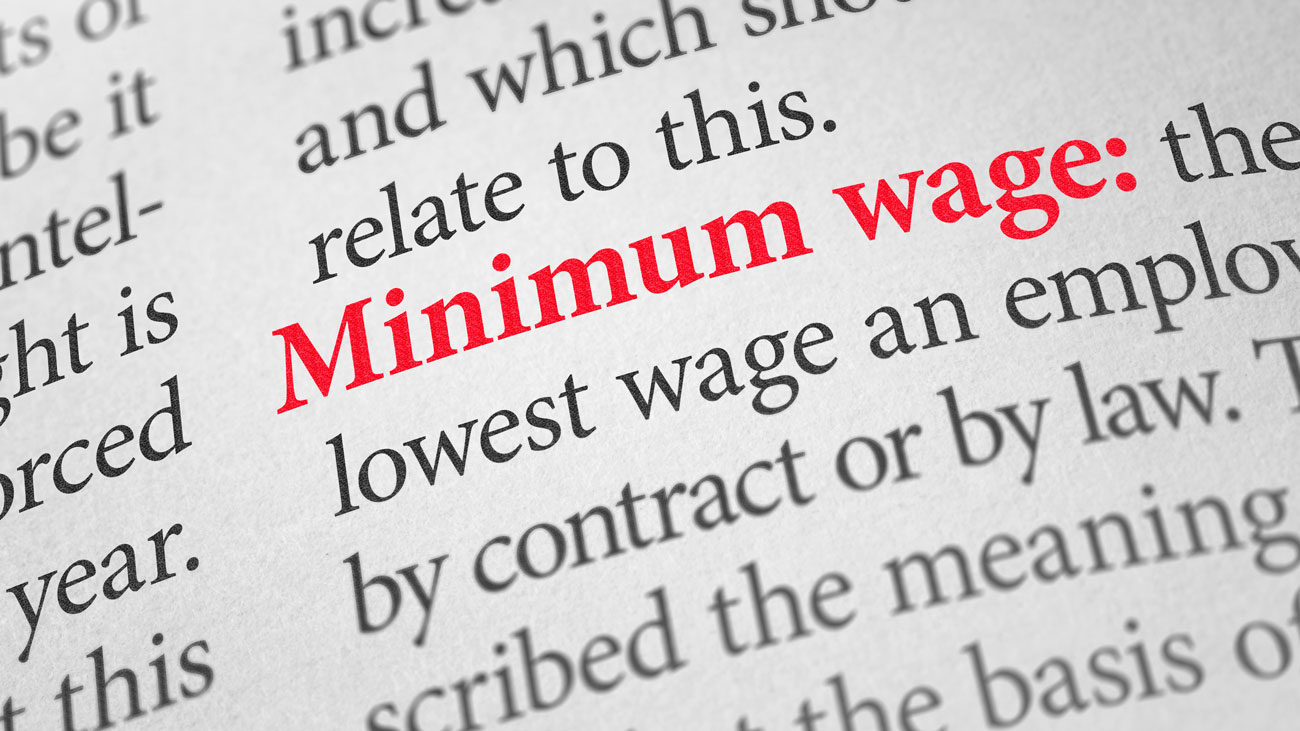
Employment Tribunal proceedings could be recorded
Employment Tribunal hearings conducted remotely could be recorded and transcripts made available under plans being considered by senior judges.
In April 2022, more than 300 doctors, journalists and whistleblowers wrote to Sir Keith Lindblom, the senior president of tribunals and the heads of Employment Tribunals in England, Wales and Scotland, voicing concern over the lack of recordings. No official recordings or transcripts are made of Employment Tribunals, and any person making one faces charges for contempt of court, which campaigners say creates unfairness, especially to unrepresented litigants.
The campaigners further argue that well-resourced defendants who can afford to employ a professional note-taker have a “considerable advantage” over claimants, who are often representing themselves and rely on “memory and incomplete notes”. Judges’ notes are regarded as the official record and are made available to Employment Appeal Tribunals, but they are private documents and are not available to the parties. If the judgment that follows a hearing omits substantial elements of oral evidence that support the claimant’s case, the prospects of a successful appeal are hampered without a court record.
“This imbalance irretrievably denies parties the right to prepare adequately an appeal and it is manifestly unfair,” the letter states. Reference to the full record “is the only way to determine whether the decision made was fair and proper”.
Lindblom’s office responded:
“The presidents of the Employment Tribunals are giving consideration to recordings and transcripts in the context of video hearings, where there is a facility to make a recording.”
In the few Employment Tribunals in England and Wales in premises shared with other courts that have recording equipment, the letter said, “its use is encouraged”. However for most in-person hearings, recordings cannot be made because equipment is not installed, adding that this provision is a matter for HM Courts and Tribunals Service.
The reply suggests that parties may take a note of the proceedings. It admits that, “there is no provision in the rules or the Employment Tribunal Regulations that requires hearings to be recorded or transcripts to be produced” yet states that, “The overriding objective of the Employment Tribunal rules of procedure is to deal with cases fairly and justly. That includes, so far as practicable, ensuring that the parties are on an equal footing.”
While the reply goes some way to address campaigners’ concerns, it is only a first step. Journalist David Hencke, a signatory to the letter said:
“Many whistleblowers say they feel at a disadvantage particularly if they wish to appeal a decision and they haven’t got a transcript to raise points that are not mentioned in the judgement. There has to be change in the Employment Tribunal system to bring it up to the 21st century and the HM Tribunal and Court Service needs to explain how they intend to bring this about.”
Employment Tribunal numbers have risen steadily in recent years over the last few years, with figures showing that single claims increased by 25% between October and December 2020, compared to the same period in 2019. There was also an 82% rise in multiple cases with 29,000 claims received in the same time period.





